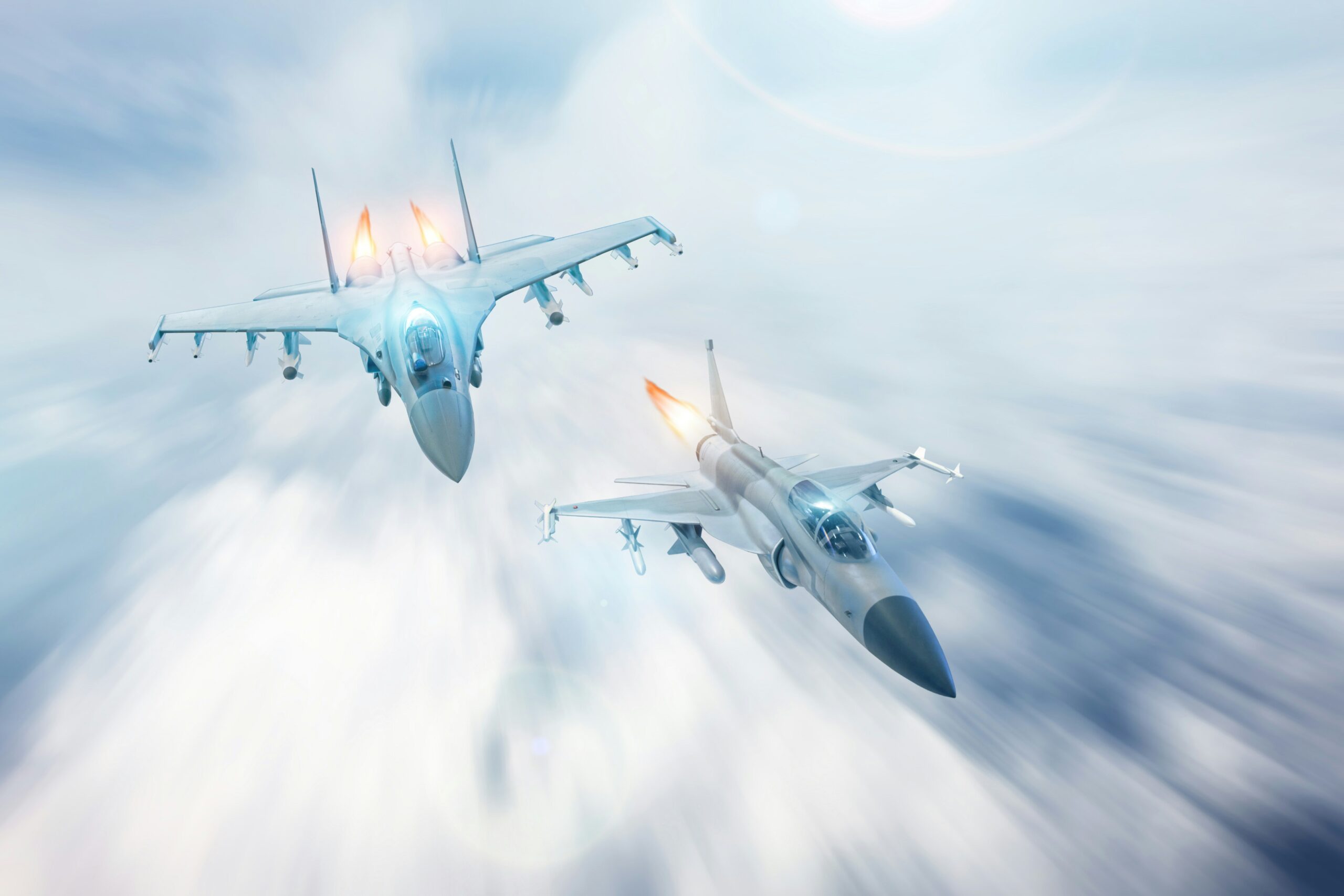
The United States Air Force (USAF) is known for its precision, discipline, and innovation. Its leadership principles are designed to inspire not only the men and women who serve in the military but also those in civilian sectors. These principles, grounded in responsibility, teamwork, and adaptability, are highly relevant to modern leadership. Leaders across various industries can take valuable lessons from the Air Force and apply them to their organizations, fostering a culture of excellence, collaboration, and continuous improvement.
Emphasizing Integrity Above All Else
In the Air Force, integrity is a cornerstone of leadership. A commitment to honesty, transparency, and accountability must guide every leader’s actions and decisions. Air Force leaders are trained to make difficult choices with unwavering ethics, even in the face of challenges. This foundational value of integrity is emphasized from the first day of training and carried throughout one’s career, as it ensures trust both within the team and in external partnerships.
Civilians can adopt this emphasis on integrity by committing to open communication with their teams, making decisions based on ethical standards, and taking responsibility for their actions. In business, transparency builds trust with employees, customers, and stakeholders, fostering an environment where people are willing to collaborate and innovate. When leaders model integrity, they set the tone for the entire organization, creating a strong foundation for success.
Leading by Example
Air Force leaders are known for leading by example, not just by giving orders. A Great leader in the Air Force is expected to demonstrate the values they preach and actively participate in the tasks they assign to their teams. Whether managing complex operations, mentoring subordinates, or executing missions, these leaders must maintain a hands-on approach to their work.
Leading by example immediately impacts the work culture in a business or organizational context. Leaders actively involved in day-to-day operations show respect for their employees and maintain a strong work ethic, inspiring their teams to do the same. Leadership is most effective when built on mutual respect and a shared sense of purpose. Leaders in any field can cultivate a strong and motivated team by exhibiting the behaviors they expect from others.
Fostering a Culture of Teamwork
The Air Force prioritizes teamwork. Every individual is vital to the overall success of every mission, and collaboration is key. The diversity of the tasks and the high stakes involved mean that leaders cannot afford to work in isolation. Successful missions depend on the seamless coordination of teams, with each member contributing their specialized skills to the collective goal.
This focus on teamwork translates easily to the business world. Regardless of industry, collaboration is often the difference between success and failure. Effective leaders encourage teamwork by fostering an environment where every member feels valued and motivated to contribute their expertise. Leaders should prioritize building strong teams through trust, mutual respect, and clear communication. Teams that feel connected and supported are more likely to produce exceptional results.
Adaptability in the Face of Change
Adaptability is essential in the Air Force, where leaders constantly face changing environments, evolving technologies, and unpredictable challenges. Military leaders are trained to think on their feet, analyze situations rapidly, and adjust their strategies to stay ahead. This flexibility keeps operations running smoothly in high-pressure situations and ensures that objectives are met under less-than-ideal circumstances.
In the corporate world, adaptability is equally essential. The rapid pace of technological advancement, shifting market trends, and global crises require leaders to be nimble in their decision-making. Leaders who can pivot quickly, encourage innovation, and inspire their teams to embrace change are better equipped to navigate today’s dynamic business landscape. By promoting continuous learning and flexibility, leaders can help their organizations stay competitive and resilient in the face of challenges.
The Power of Delegation
Air Force leaders understand the importance of delegation. While they may be in charge of complex operations, they know that effective leadership requires entrusting tasks to the right people. This ensures that tasks are completed efficiently and empowers subordinates to take ownership of their work. Delegation is a critical tool for developing the next generation of leaders within the Air Force.
Leaders who delegate responsibilities well in business enable their teams to grow and thrive. Leaders can maximize productivity and create a culture of trust by recognizing their employees’ strengths and assigning tasks that align with their skill sets. This also allows leaders to focus on strategic initiatives while employees develop leadership skills. Effective delegation is about providing guidance and autonomy, ensuring that every member feels both accountable and supported.
Resilience in Leadership
The Air Force teaches resilience as a vital component of leadership. Leaders in the military face immense pressure, and the ability to bounce back from setbacks and persevere through adversity is essential. Air Force leaders are often required to make decisions under stress and in situations of uncertainty. Their ability to maintain a clear head and inspire confidence in others sets them apart.
This principle of resilience is just as crucial in the business world. Organizations face economic downturns, unexpected crises, and challenging projects. How leaders respond to these setbacks can make or break the company’s future. Resilient leaders inspire their teams to stay focused, motivated, and optimistic, even during difficult times. By modeling perseverance, leaders help their teams develop the mental fortitude needed to thrive in adversity.